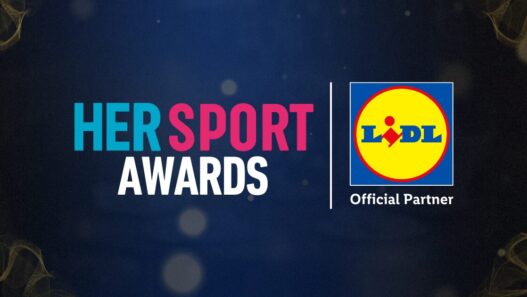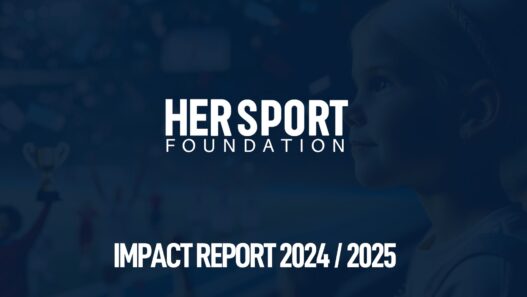The page you were looking for could not be found. It might have been removed, renamed, or did not exist in the first place. Perhaps searching can help.
Back to Home Page
Dark Mode
Light Mode
Popular Searches
- Athletics
- Aussie Rules
- Badminton
- Basketball
- Boxing
- Camogie
- Canoeing
- Cricket
- Cycling
- Darts
- Diving
- Dummy Guides
- Equestrian
- GAA
- Gaelic Football
- Golf
- Gymnastics
- Her Sport Awards
- Hockey
- Horse Riding
- hurling
- International
- Interview
- Karate
- Kickboxing
- Latest
- LGFA
- LSS
- Magazine
- Mailbox
- MMA
- Modern Pentathlon
- Motorsport
- Netball
- Olympics
- Other
- Para Sport
- Paralympics
- Quiz
- Rowing
- Rugby
- Sailing
- Soccer
- Softball
- Special Olympics
- Sports
- Sports Business
- Surfing
- Swimming
- Synchronised Swimming
- Table Tennis
- Tennis
- Triathlon
- Video
- Volleyball
- Week In Review
- Weightlifting
What are You Looking For?
Popular Searches
- Athletics
- Aussie Rules
- Badminton
- Basketball
- Boxing
- Camogie
- Canoeing
- Cricket
- Cycling
- Darts
- Diving
- Dummy Guides
- Equestrian
- GAA
- Gaelic Football
- Golf
- Gymnastics
- Her Sport Awards
- Hockey
- Horse Riding
- hurling
- International
- Interview
- Karate
- Kickboxing
- Latest
- LGFA
- LSS
- Magazine
- Mailbox
- MMA
- Modern Pentathlon
- Motorsport
- Netball
- Olympics
- Other
- Para Sport
- Paralympics
- Quiz
- Rowing
- Rugby
- Sailing
- Soccer
- Softball
- Special Olympics
- Sports
- Sports Business
- Surfing
- Swimming
- Synchronised Swimming
- Table Tennis
- Tennis
- Triathlon
- Video
- Volleyball
- Week In Review
- Weightlifting
Top Stories
October 30, 2025
Keep Up to Date with the Most Important News
Manage your privacy
To provide the best experiences, we and our partners use technologies like cookies to store and/or access device information. Consenting to these technologies will allow us and our partners to process personal data such as browsing behavior or unique IDs on this site and show (non-) personalized ads. Not consenting or withdrawing consent, may adversely affect certain features and functions.
Click below to consent to the above or make granular choices. Your choices will be applied to this site only. You can change your settings at any time, including withdrawing your consent, by using the toggles on the Cookie Policy, or by clicking on the manage consent button at the bottom of the screen.
Functional Always active
The technical storage or access is strictly necessary for the legitimate purpose of enabling the use of a specific service explicitly requested by the subscriber or user, or for the sole purpose of carrying out the transmission of a communication over an electronic communications network.
Preferences
The technical storage or access is necessary for the legitimate purpose of storing preferences that are not requested by the subscriber or user.
Statistics
The technical storage or access that is used exclusively for statistical purposes.
The technical storage or access that is used exclusively for anonymous statistical purposes. Without a subpoena, voluntary compliance on the part of your Internet Service Provider, or additional records from a third party, information stored or retrieved for this purpose alone cannot usually be used to identify you.
Marketing
The technical storage or access is required to create user profiles to send advertising, or to track the user on a website or across several websites for similar marketing purposes.
Statistics
Marketing
Features
Always active
Always active
Manage your privacy
To provide the best experiences, we use technologies like cookies to store and/or access device information. Consenting to these technologies will allow us to process data such as browsing behavior or unique IDs on this site. Not consenting or withdrawing consent, may adversely affect certain features and functions.
Functional Always active
The technical storage or access is strictly necessary for the legitimate purpose of enabling the use of a specific service explicitly requested by the subscriber or user, or for the sole purpose of carrying out the transmission of a communication over an electronic communications network.
Preferences
The technical storage or access is necessary for the legitimate purpose of storing preferences that are not requested by the subscriber or user.
Statistics
The technical storage or access that is used exclusively for statistical purposes.
The technical storage or access that is used exclusively for anonymous statistical purposes. Without a subpoena, voluntary compliance on the part of your Internet Service Provider, or additional records from a third party, information stored or retrieved for this purpose alone cannot usually be used to identify you.
Marketing
The technical storage or access is required to create user profiles to send advertising, or to track the user on a website or across several websites for similar marketing purposes.
Statistics
Marketing
Features
Always active
Always active





